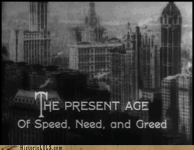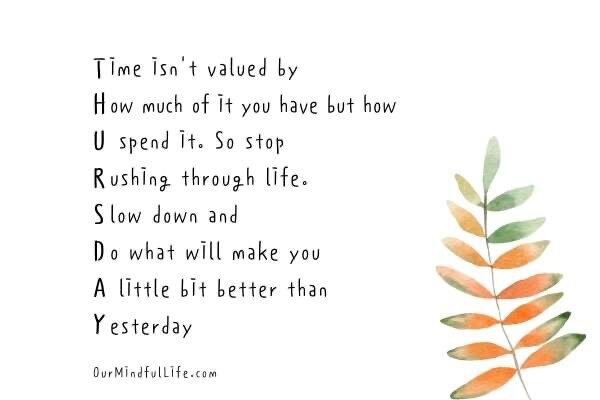Journalist Carl Honoré believes the Western world's emphasis on speed erodes health, productivity and quality of life. But there's a backlash brewing, as everyday people start putting the brakes on their all-too-modern lives. Honoré is best known for his advocacy of the Slow Movement. His book In Praise of Slowness dissects our speed-obsessed society and celebrates those who have gotten in touch with their "inner tortoise."
Last edited:




